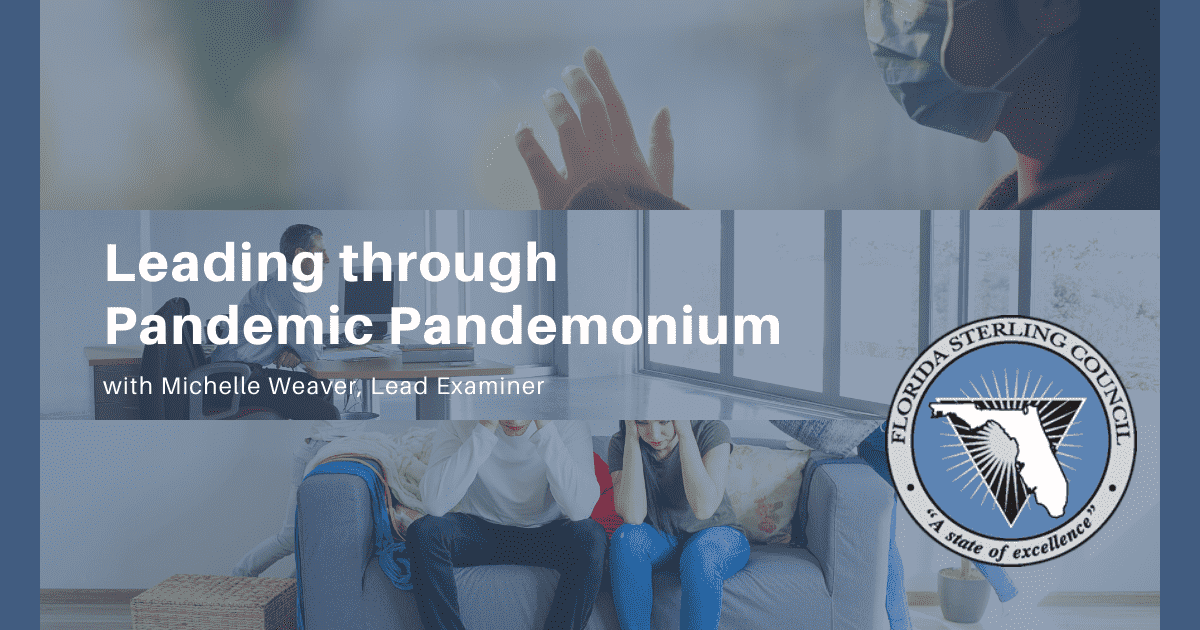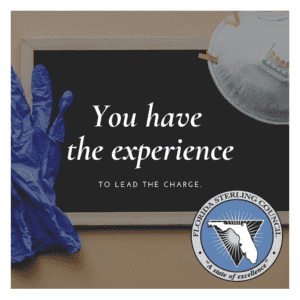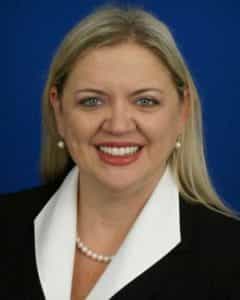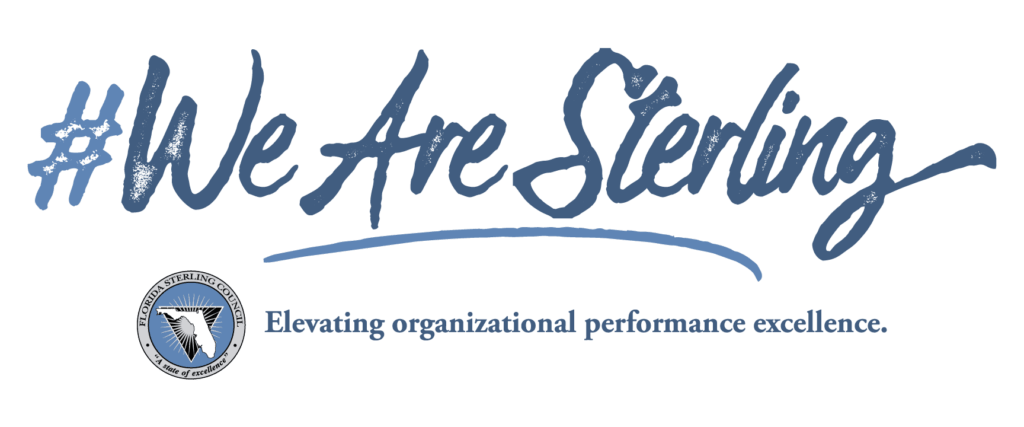
Published Wed July 22, 2020
(FSC) — COVID-19. Coronavirus. Pandemic. Testing Kits. Positivity Rate. Hospitalizations. PPE Shortages. Face Masks. Vaccines.
These words have been slathered in the news throughout 2020. They have become part of our everyday vernacular. Some of the words spark fear and anxiety within us and our families. Some of us are now numb to hearing them while many of us are simply tired of hearing them.
Quarantine-fatigue is the latest term swirling about.
We long to see our friends and co-workers. We long to see our family members who have been self-isolating to hopefully prevent being exposed to the virus. We are eager for the reemergence of pre-virus life such as enjoying the simplicity of going to a restaurant, taking vacations and attending social gatherings.
Looking back to early March, many were not the least bit concerned about COVID-19. Then it happened. Workplaces swiftly moved to remote work. Businesses, such as restaurants and bars, were forced to close – some permanently. Public access to government agencies was shut off or limited. Hospitals activated surge plans. Grocery store shelves were barren. Disinfectant products were scarce. Amazon shifted to filling orders with essentials first. Forget being able to find or get N-95 face masks, gloves or hand sanitizer. Our world dramatically shifted without much forewarning.
 For me, these shutdowns started while I was on a Governor’s Sterling Award site visit. Social distancing became “a thing.” Instead of shaking hands, we were bumping elbows, a seemingly informal gesture while interacting in such a professional setting. By the last day of the site visit, the masks began to emerge, and we were sitting six feet apart from one another.
For me, these shutdowns started while I was on a Governor’s Sterling Award site visit. Social distancing became “a thing.” Instead of shaking hands, we were bumping elbows, a seemingly informal gesture while interacting in such a professional setting. By the last day of the site visit, the masks began to emerge, and we were sitting six feet apart from one another.
The following week, I returned to the office. One of the first orders of business was participating in a call for our Emergency Operations Organization team. I wondered what on Earth was happening? We’re a water management district, not a health care agency. Why should we be considering activating our emergency operations center? This is the point where I realized we were in the midst of a crisis.
This was not the first time something like this had happened. In 2010, 11 days of back-to-back freezes occurred in the Plant City region, which resulted in hundreds of millions of gallons of water being pumped on to agricultural crops for freeze protection. The phone calls reporting dry wells started trickling in, which is typical following a freeze in that region. However, after five consecutive days of freezes, over 300 wells had been reported as dry. Subsequently, over 700 wells went dry and numerous sinkholes developed.
With the freezes and the pandemic, it was a call to action.
A call to be a leader. A call to get ahead of these unprecedented circumstances so that we can be prepared in the future. It is also a lesson to take a step back to look at not just what is thrown at you in the moment, but to aggregate all of the information that swirls around and identify trends and how we can respond to them. Creating organizational agility. Revisiting your strategic plan to see what needs attention and what needs to take a back seat. Looking out for not only your customers and vendors, but your workforce as well. Analyzing how your new responses affect your operations and being prepared to respond in-kind.
 Coming into the pandemic, I had the experience of going through the freeze event and all the action plans that followed during the year. I also had the experience that I have gained being a Sterling Examiner and understanding how all of the criteria align to my organization and understand the integration of each component of my organization as a whole. This is experience resulted in me leading the charge for my organization’s reopening team. The team is responsible for developing a plan to return the workforce to the office environment or identifying those that may continue with remote work, welcoming the public back into our facilities, and ensuring we are prepared for the continuation of the pandemic or can respond to similar future events.
Coming into the pandemic, I had the experience of going through the freeze event and all the action plans that followed during the year. I also had the experience that I have gained being a Sterling Examiner and understanding how all of the criteria align to my organization and understand the integration of each component of my organization as a whole. This is experience resulted in me leading the charge for my organization’s reopening team. The team is responsible for developing a plan to return the workforce to the office environment or identifying those that may continue with remote work, welcoming the public back into our facilities, and ensuring we are prepared for the continuation of the pandemic or can respond to similar future events.
This call to duty did not fall into my lap on accident.
I was called to action due to my past experiences and knowledge beneficial to lead our charge. It is critical to learn from our past so that we can carry that knowledge forward to benefit others. Sharing that knowledge is what benefits others that look to us as examples of the leaders they desire to become. We also cannot forget that we need to invest time in ensuring our own mental well-being as well as the mental well-being of those who work with and for us.
I made the journey. Who wants to join me?
###
 “As bureau chief of General Services, Michelle [Weaver] oversees the [Southwest Florida Water Management] District’s Document Services, Public Records, Fleet Services and Facilities sections.
“As bureau chief of General Services, Michelle [Weaver] oversees the [Southwest Florida Water Management] District’s Document Services, Public Records, Fleet Services and Facilities sections.
Maxey began her career with the District in 1993 as a student. She moved onto become permit coordinator, administrative supervisor, permit evaluator supervisor and Regulatory Support bureau chief prior to becoming the General Services bureau chief.
Maxey is a professional engineer with a bachelor’s degree in civil engineering from the University of South Florida. She is a member of the American Society of Civil Engineers and Florida Engineering Society. Additionally, she is a Team Lead Examiner for the Florida Sterling Council.” Taken from company website.

